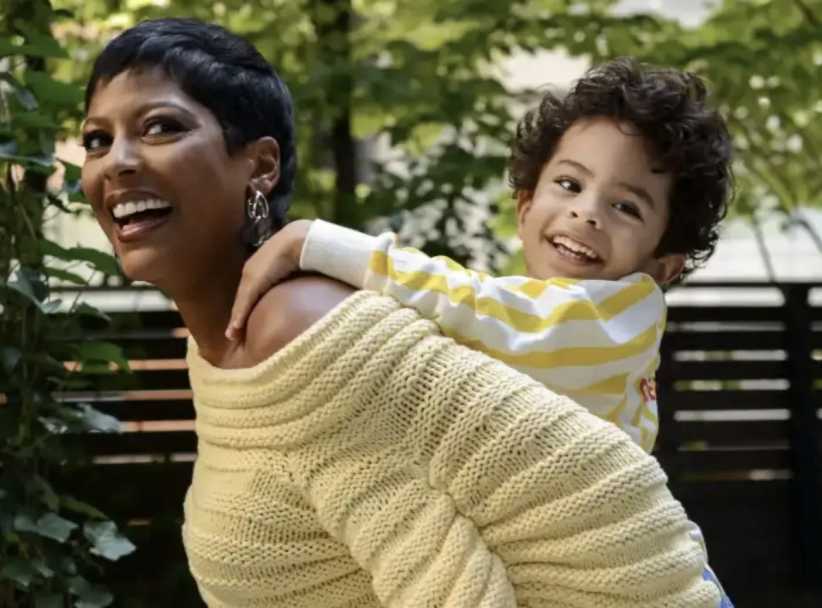 My time coaching started out in a way that most parent coaches can probably relate to; our community little league needed coaches and was looking for volunteers. My oldest daughter had just signed up and the message from the league was that they wouldn’t be able to field enough teams if they didn’t get some additional coaches. Rather than see my daughter and the other kids blocked out, I volunteered. Little did I know it would be the start of over 10 years coaching both my daughters and some of the best memories of my life. My days on the field now complete, I look back having coached four championship-winning teams (thankfully, I managed to get one with each girl to maintain the balance of power in the household) and close to 100 girls, a dozen whom are either playing in college or will continue to play in other ways, including my eldest daughter. While I am certainly proud of that success, it pales in comparison to the relationships, engagements, and experiences I have had coaching these amazing young people for a decade.
My time coaching started out in a way that most parent coaches can probably relate to; our community little league needed coaches and was looking for volunteers. My oldest daughter had just signed up and the message from the league was that they wouldn’t be able to field enough teams if they didn’t get some additional coaches. Rather than see my daughter and the other kids blocked out, I volunteered. Little did I know it would be the start of over 10 years coaching both my daughters and some of the best memories of my life. My days on the field now complete, I look back having coached four championship-winning teams (thankfully, I managed to get one with each girl to maintain the balance of power in the household) and close to 100 girls, a dozen whom are either playing in college or will continue to play in other ways, including my eldest daughter. While I am certainly proud of that success, it pales in comparison to the relationships, engagements, and experiences I have had coaching these amazing young people for a decade.
If you’re reading this, you are likely thinking about stepping up to coach or perhaps you have already started. There are so many things I have learned along this path, great insights for virtually every phase of coaching, but here are a few core tenants that I would recommend to shape your plans as a parent coach.
First and foremost, you need to understand how this may impact your child, your significant other, and your family–and yes, it will have implications for all three. The starting point is a conversation with your child; they should be excited about the idea and if they are not, you are best served to reconsider. Some kids just don’t want or don’t adjust well to a parent as a coach. You know your child and you should be very candid in your discussion with them. Also, be sure to talk to your partner and other children if you have them. Siblings may or may not have an expectation of you coaching for them as well and you need to consider this with your family. You also need to think about how you will handle coaching your child. The challenge here is that parent coaches often treat their kids differently than other players on the field. Too soft, either because they don’t want to cause friction or because they are biased about their own child’s skill set. Too hard, because they don’t want to be seen as favoring their kid. Neither works particularly well, because on the field you are a coach to all your players, and coaching with evenness and fairness will serve you well. Personally, I achieved only mixed success here. I was the coach who pushed my kids harder than everyone else, I held them to a higher standard–which pushed them to be better players, but also resulted in tears on more than one occasion (yes, I made my own kids cry…you don’t want to go there).
Coaching early on is pretty easy, especially if you are dealing with the little ones. No score, everyone plays, all the kids have a good time and so do the parents. All you are trying to do is develop a combination of their skills and their love of the game. Remember this point, because we will come back to it. The only thing you really need to think about at this level is just how much of a commitment you can make. I promise that no matter how much time you think it will take, it will be more. First to arrive, last to leave, scheduling, getting the equipment, talking to the other coaches, the league, umpires, referees, and parents. The commitment of time goes far beyond the field; in fact, the field is often the easy part.
[gravityform id=”16″ title=”false” description=”false” ajax=”true”]
As you progress as a coach and the level of competition increases, it is important to be very clear on the objectives of the team. Being transparent with yourself, your players, and their parents is crucial. A parent meeting should precede each season; a team mission statement can also help to define expectations. Finally, for more competitive teams, a player and parent contract can help eliminate conflict and confusion. Keep in mind that at every level parents are a challenge (parents, take note here). As a coach, you will find that dealing with parents is far more difficult than the players, from unrealistic expectations and blindness to their children’s weaknesses to a well intentioned desire for their kids not to be disappointed, managing parents is daunting. Again, if you truly treat your players fairly, you will still be vilified by some, but you will sleep well at night.
No matter what the level of play, it is always important to remember that as a coach your actions, reactions, attitude, and demeanor have far more impact on your players that you can imagine. To this day, I have girls come up to me and recall plays or things that happened on the field with vivid detail. When you look back, you want those reflections to be positive. Remember, as a coach you are coaching far more than the game, you are coaching leadership, teamwork, dealing with failure and, very importantly, class. On this note, I received a text from a player just after I had retired from coaching for the first time (somehow I got roped back in for another round), she and I had a good rapport on the field, but I didn’t realize how much it impacted her. In her message she said, “thank you for being a great coach, father, and role model. I would not be the player I am today without you.” I was floored. I still have the text to this day, years later. Don’t ever be on the wrong side of this, because the stakes are just to high.
My final thought is for you the parent. The whole reason you got into this was for your child (if not, seriously reconsider this–coaching is not about you). On the field you are their coach but the second you step off you are a parent, a lesson I learned the hard way. My daughter and I got into the car having just won a tough game and she just didn’t seem excited. When I asked why she was down she said, “because we just won a game, but I know for the whole ride home you will talk about what we could have done better and what I need to focus on. I don’t want to be coached right now, I just want to be with my dad.” It was a huge moment as a coach and a father.
My daughters and I have shared incredible moments on the field, but we have also built a bond around a love of the game that will continue long after they stop playing. That is your goal, so go for it!
Jonathan Moore is the President of Family Media, the parent company of New York Family. He can be reached at jmoore@manhattanmedia.com.













